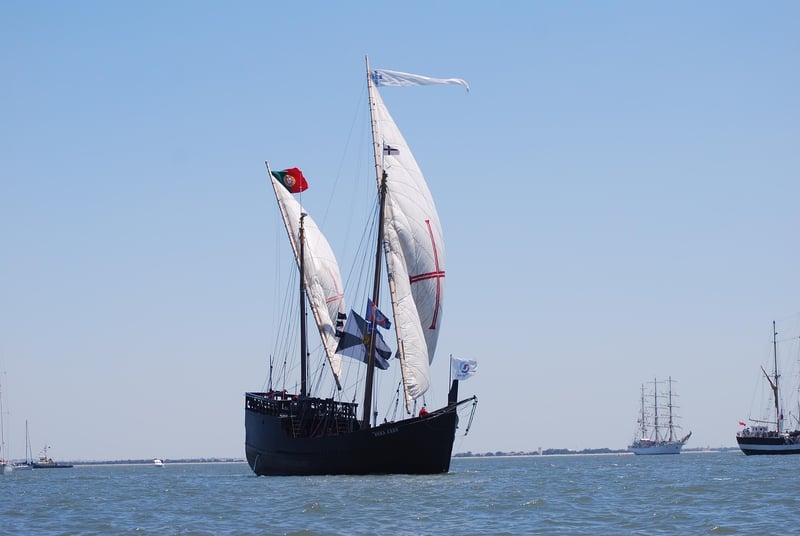Future Exploration
Exploring Different Eras and Future Exploration
Introduction
Exploring different eras allows us to understand the past and learn from historical events, while future exploration opens up opportunities for new discoveries and advancements. Let's delve into the various eras of exploration and look ahead to what the future holds.
Ancient Exploration
Ancient civilizations, such as the Egyptians, Greeks, and Romans, were pioneers in exploration. They ventured into unknown territories, seeking new lands, resources, and knowledge.

Age of Discovery
The Age of Discovery in the 15th to 17th centuries saw European explorers like Christopher Columbus and Vasco da Gama navigate the seas to find new trade routes and lands.

Space Exploration
In the 20th century, humans pushed the boundaries of exploration into space. Landmarks include the Moon landing in 1969 and the ongoing exploration of Mars and beyond.

Future of Exploration
As we look to the future, advancements in technology like AI, robotics, and space travel hold promise for further exploration. Colonizing Mars and deep-space exploration are on the horizon.
Key Points:
- Exploring different eras helps us learn from the past.
- Future exploration offers opportunities for new discoveries.
- Advancements in technology drive exploration forward.
Conclusion
Exploration has been a driving force throughout history, shaping our understanding of the world and beyond. By exploring different eras and embracing future exploration, we continue to push the boundaries of knowledge and discovery.
Let's keep exploring, learning, and paving the way for a brighter future of exploration!
